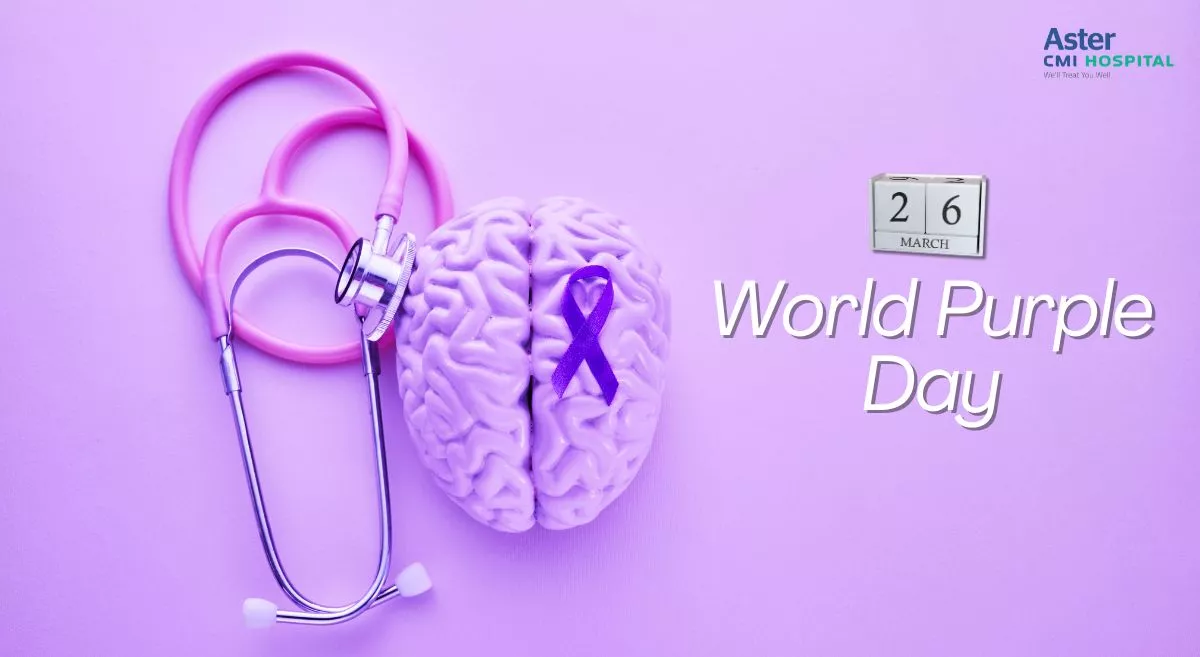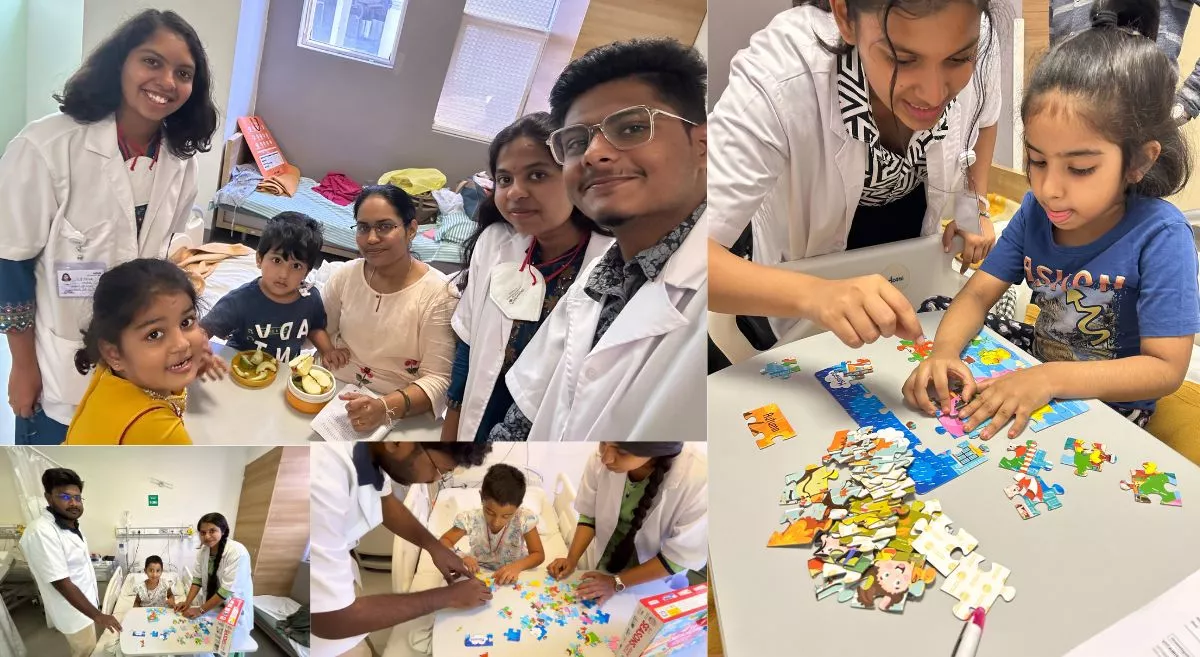Surgery and radiation therapy are the most prevalent cancer treatments. There are occasions when radiotherapy is a better alternative than surgery, so you should talk to the best oncology doctor in Kochi because Kerala is considered to be one of the best states for cancer treatment in India. The most essential aspect of this article is that it provides patients with more information to consider when deciding which cancer therapy option to pursue.
Difference between cancer and radiation therapy:
Cancer surgery is an operation that involves removing a portion of your body to diagnose or treat cancer, and is still the gold standard for cancer treatment. Radiation therapy is a cancer treatment that uses high doses of radiation on cancer cells to shrink them or kill them.
How is cancer surgery used in treatment?
Common reasons for cancer surgery include:
Cancer prevention:
If you have a high risk of cancer in particular tissues or organs, your doctor may suggest removing them before cancer begins. For example, if you were born with a hereditary disorder called familial adenomatous polyposis, or cancer in the colon or rectum it is best to follow the surgical option.
Diagnosis:
Your doctor may perform cancer surgery to remove all or part of a tumour and examine it under a microscope to determine whether it is cancerous (malignant) or noncancerous (benign).
Staging:
Your doctor can use surgery to assess the stage and size of your tumour and detect whether it has spread to your lymph nodes. Additional tests may also be suggested to determine the stage of your cancer.
The initial treatment:
Cancer surgery provides the best opportunity for a cure for many tumours, particularly if the cancer is limited and has not spread.
Debulking:
When it is not possible to remove all of a cancerous tumour because doing so might endanger an organ — your doctor may debulk it to increase the effectiveness of chemotherapy or radiation.
Symptoms or side effects:
It is sometimes performed to improve your quality of life rather than to treat the disease itself, such as to relieve pain caused by a tumour pressing on a nerve or bone, or to remove a tumour that is blocking your intestine.
Other cancer treatments, such as chemotherapy and radiation, are frequently coupled with surgery. Your decision to pursue additional cancer treatment is influenced by the type of disease, its stage, and your overall health.
How can radiation therapy fight cancer?
Radiation therapy kills or delays cancerous cell development by destroying their DNA. Cancer cells that have had their DNA damaged beyond repair will either cease proliferating or die. So when cells die, the body breaks down and eliminates it completely.
Radiation therapy does not immediately kill cancer cells. It takes days or weeks of treatment before cancer cell DNA is broken enough to kill them. After radiation therapy, cancer cells continue to die for weeks or months.
Radiation Treatment Types:
Factors that influence the type of radiation therapy you receive :
- Your general health and medical history
- Whether you will have other types of cancer treatment
- Factors such as your age and other medical conditions
- The type of cancer
- The size of the tumour
- The tumour's location in the body
- How close the tumour is to normal tissues that are sensitive to radiation
External beam radiation therapy:
An external beam radiation therapy system directs radiation at your cancer. The equipment is large and could be noisy. It does not touch you, but it can travel around you, transmitting radiation to a specific portion of your body. External beam radiation therapy is a local treatment that affects a small area of your body. For example, if you have lung cancer you will receive radiation to your chest, not your entire body.
Internal radiation therapy
Internal radiation therapy is a treatment that involves inserting a radiation source into your body. The source of radiation can be solid or liquid. Brachytherapy is one of the internal radiation therapies that use a solid source. In this type of treatment capsules, ribbons, or seeds containing a radiation source are implanted in your body or near the tumour. Brachytherapy, like external beam radiation therapy, is a local treatment that only affects one portion of your body.
How are surgery and radiation used in cancer treatments?
Surgery and radiation may be the only therapeutic option for certain patients. Radiation therapy is usually combined with other cancer treatments such as surgery, chemotherapy, and immunotherapy. To boost the odds of therapeutic success, radiation therapy may be used before, during, or after these other therapies. When surgery is paired with radiation, the following options are available:
Before surgery:
To reduce the size of cancer before surgery so that it can be removed and is less likely to reoccur.
During surgery:
So that it reaches the condition directly rather than going through the skin. This type of radiation therapy is known as intraoperative radiation. Using this technique doctors can better protect surrounding tissues from radiation.
After surgery:
Kill any cancer cells that remain post-surgery.
Radiation and surgery are all choices for patients with cancer. Only by customizing a treatment plan for each patient based on their unique circumstances can the best results be achieved.
FAQs:
1. Can you have surgery while undergoing radiation?
Before surgery, you can receive radiation therapy to help reduce cancer and allow for less extensive surgery than would otherwise be required.
2. How much time do you have between radiation and surgery?
The normal duration between surgery and radiation is 4 to 10 weeks.
3. What comes first radiation or surgery?
Radiation may be used before, during, or after surgery.
4. What are the side effects of radiation therapy?
Some of the common side effects of radiation therapy include skin changes, hair loss, nausea, and headache.






